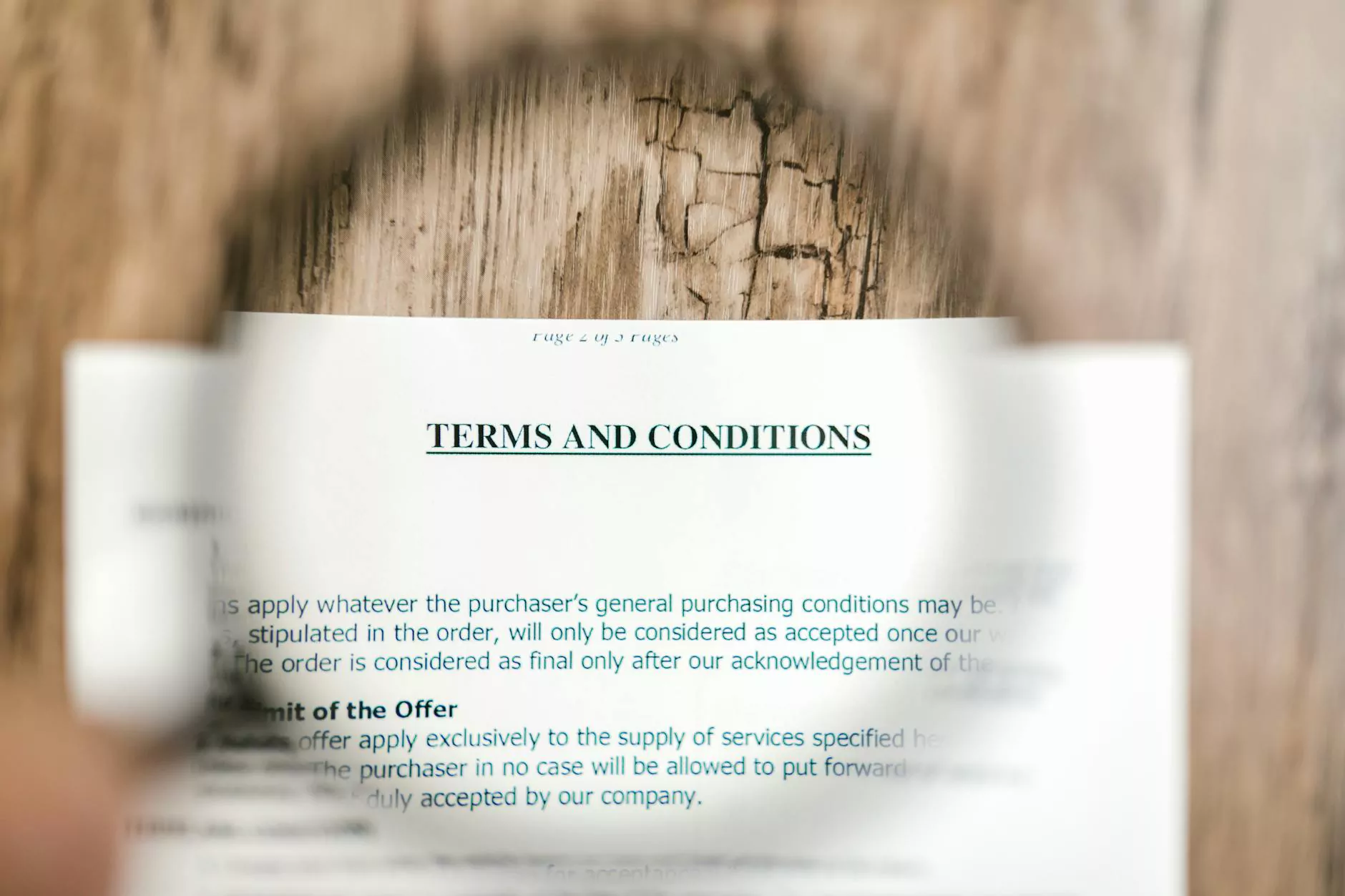Top SEO Metrics for Link Building and Why They Matter
SEO
Introduction
Welcome to Praiseworthy Consulting, your trusted source for professional consulting and analytical services in the field of SEO (Search Engine Optimization). In this article, we will discuss the top SEO metrics for link building and why they are crucial for your website's success in organic search rankings.
Why Link Building is Important
Link building plays a significant role in SEO and is a crucial factor in determining the credibility, authority, and visibility of your website in search engine results. Search engines like Google consider high-quality backlinks as a vote of confidence from other websites, indicating that your content is valuable and trustworthy.
1. Domain Authority
Domain Authority (DA) is a metric developed by Moz that predicts how well a website will rank on search engine result pages (SERPs). It is influenced by various factors, including the quantity and quality of inbound links. A higher DA usually correlates with better search rankings, making it an essential metric to monitor.
2. Page Authority
Similar to Domain Authority, Page Authority (PA) focuses on the ranking potential of individual web pages. It considers factors such as the number of inbound links, content quality, and relevance. By improving your page authority, you can increase the chances of your pages ranking higher in search results.
3. Trust Flow
Trust Flow is a metric developed by Majestic that evaluates the quality and trustworthiness of a website based on the number of trustworthy backlinks it receives. A higher Trust Flow indicates a stronger online reputation and can positively impact your search rankings.
4. Citation Flow
Citation Flow, also created by Majestic, measures the quantity of backlinks pointing to a website. While it is an important metric, it is essential to maintain a balance between Citation Flow and Trust Flow. A high Citation Flow with low Trust Flow might indicate a lower-quality link profile, potentially harming your search rankings.
5. Anchor Text Relevance
The anchor text used in backlinks that point to your website plays a crucial role in determining the relevance and context of your content. It is advisable to have anchor texts that are descriptive and relevant to the linked page's content. This helps search engines understand the topic and improves the chances of ranking higher for targeted keywords.
6. Link Diversity
Having a diverse backlink profile is essential for SEO success. Search engines value links from various sources, including different domains, IP addresses, and link types (e.g., editorial links, guest posts, social media shares). Aim for a natural and organic link profile that reflects your website's authority and expertise in the industry.
7. Link Placement
The placement of your links within the content can influence their effectiveness. Links placed within relevant, well-written content in the main body of a webpage tend to carry more weight than links in sidebars, footers, or less visible areas. Ensure that your links are strategically placed to maximize their impact on search rankings.
8. Link Velocity
Link velocity refers to the rate at which you acquire new backlinks over time. While it is important to build a steady stream of high-quality links, excessively rapid link building can raise red flags for search engines. Aim for a natural link growth pattern that aligns with your website's growth and industry standards.
Conclusion
In conclusion, understanding and monitoring the top SEO metrics for link building are crucial for enhancing your website's performance in search rankings. Praiseworthy Consulting offers professional consulting and analytical services that can help you analyze and improve these metrics, ultimately driving more organic traffic and success for your online presence. Contact us today to learn more!









